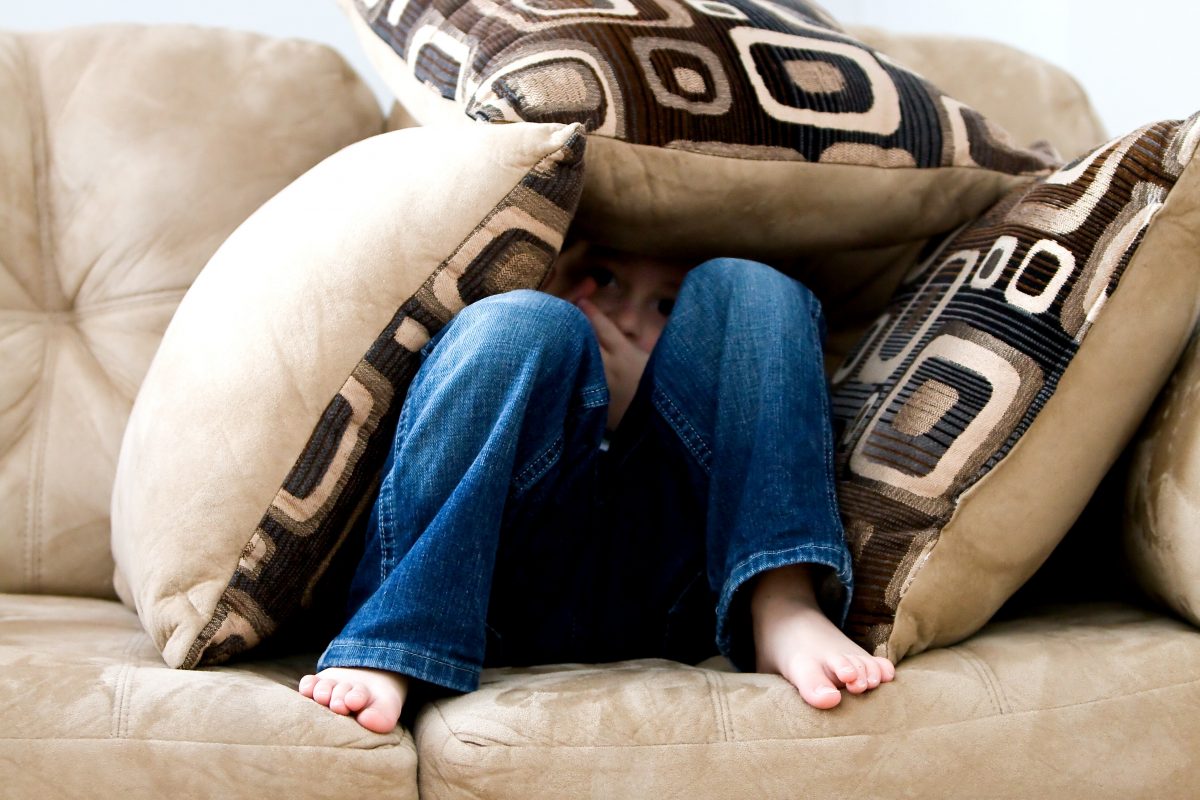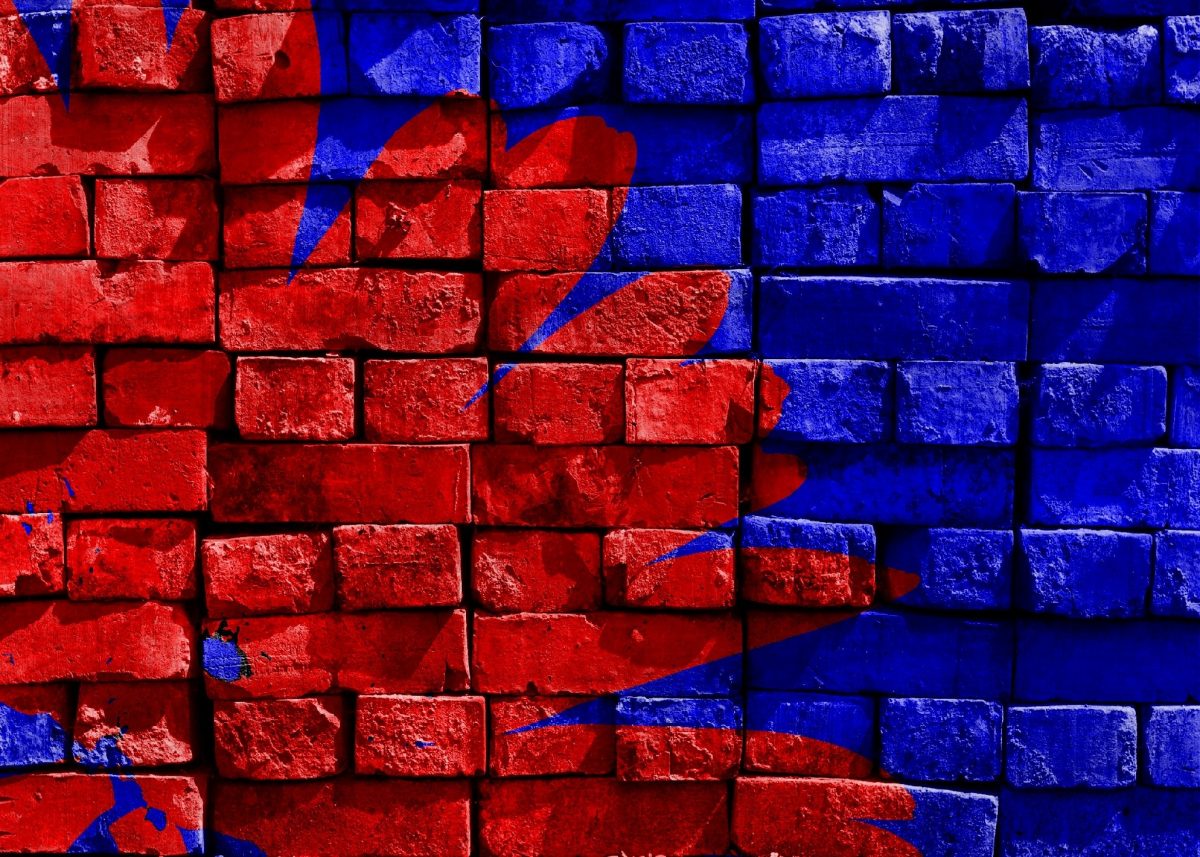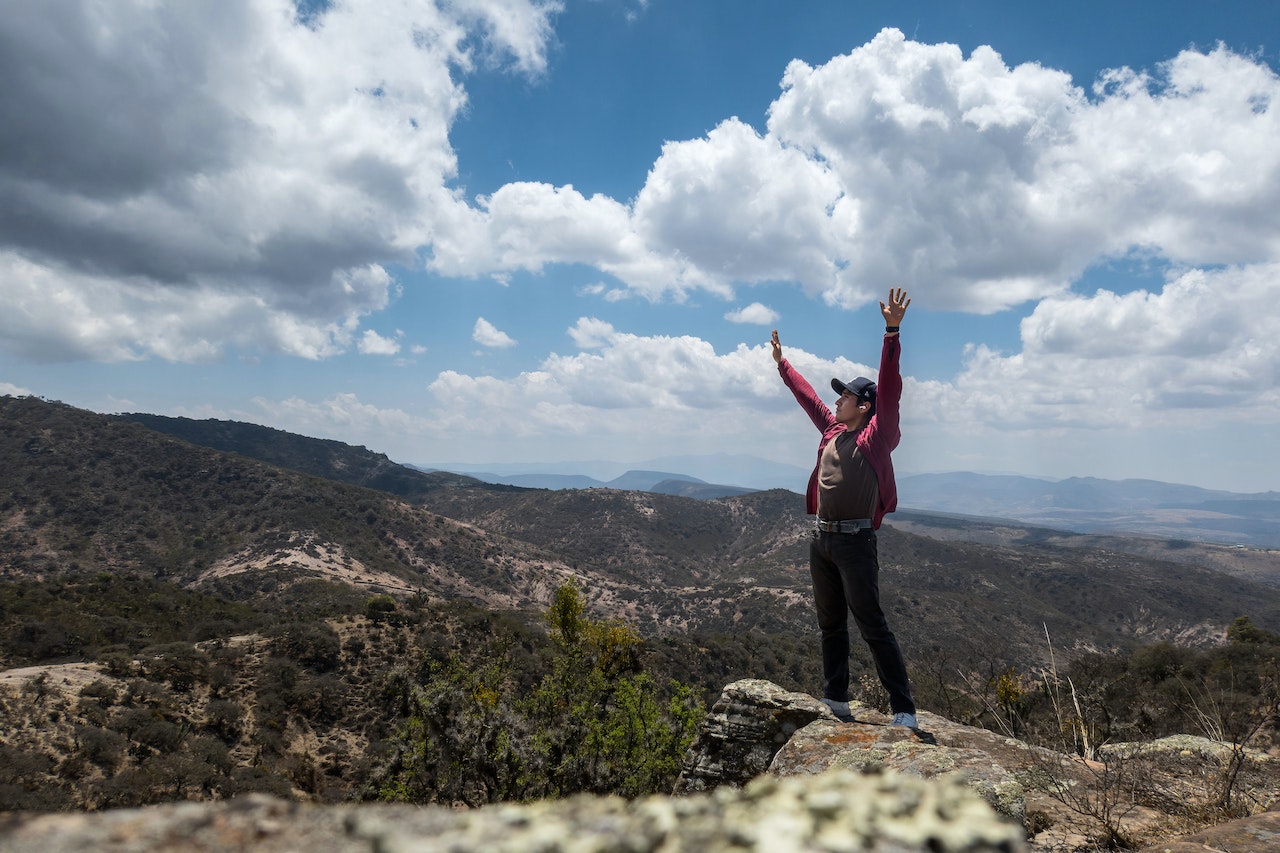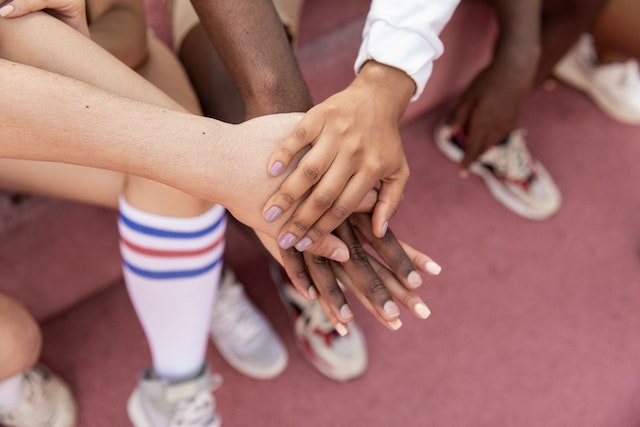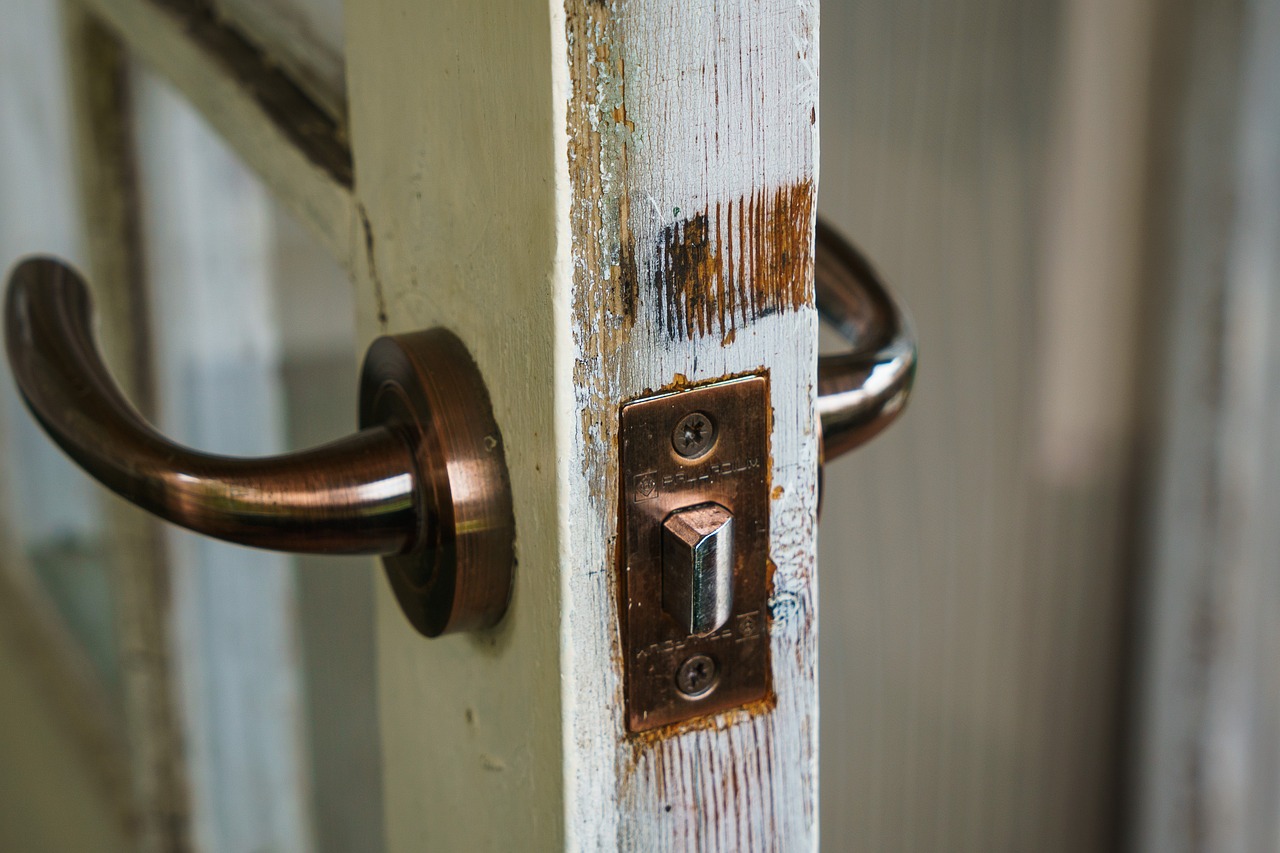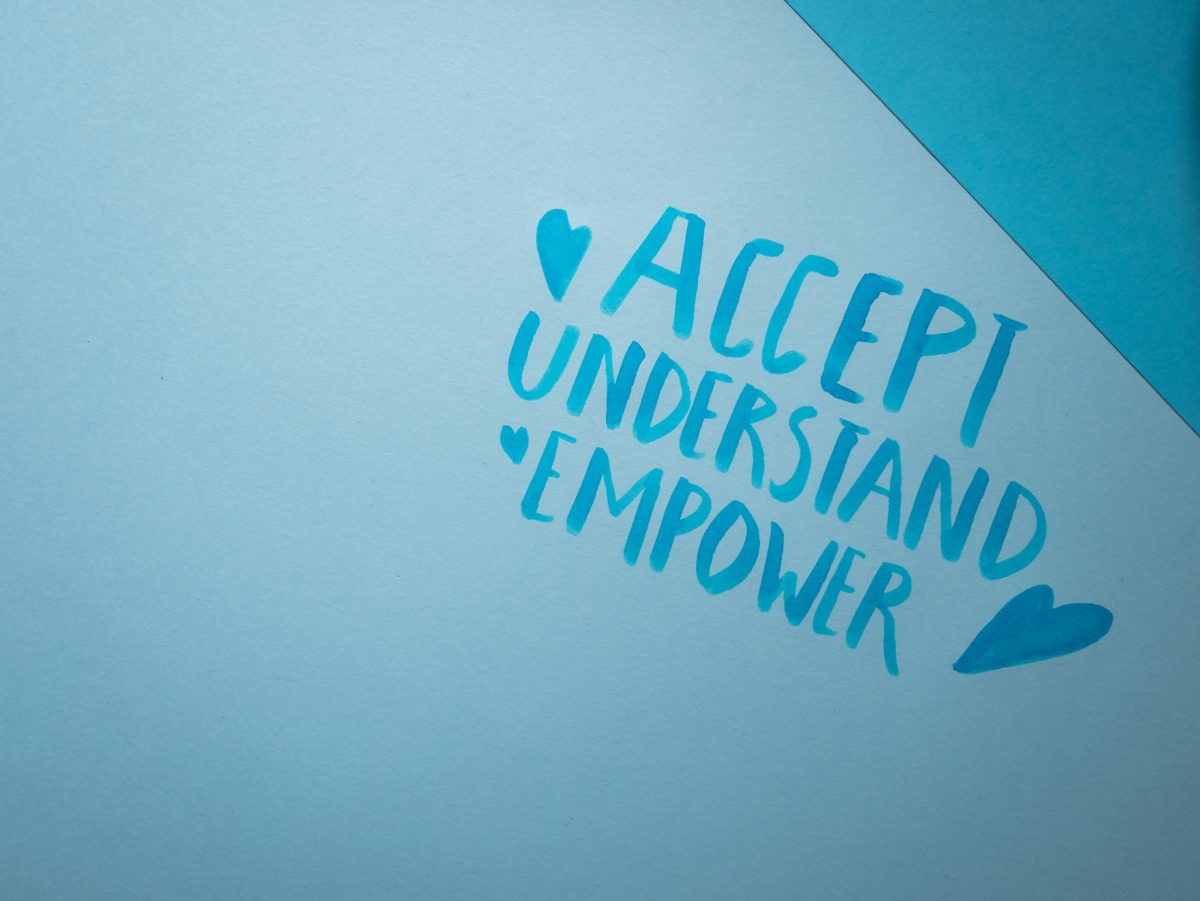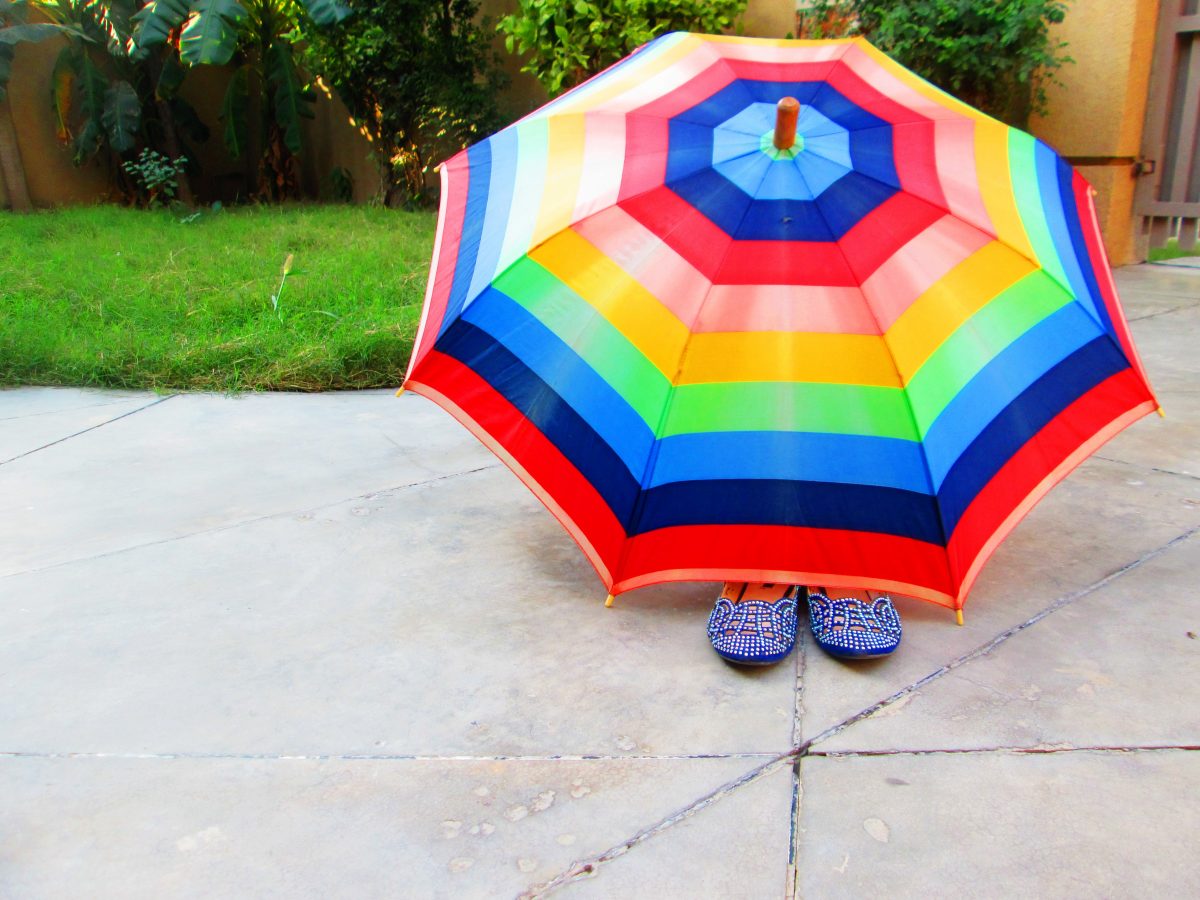
By Yamila García
As someone who discovered being neurodivergent not too long ago, I continue to analyze and discover myself. Through this process, I have gained a deeper understanding of how I unconsciously mask many of my differences. I’ve also noticed that this behavior varies depending on the person I’m interacting with. One aspect I consistently mask is my avoidance of making eye contact. I’ve realized that when I force myself to do so, I blink more frequently, and this only happens with people who are unaware of my neurodivergence. However, when someone is aware and accepting of it, I feel more at ease, allowing myself not to make direct eye contact or occasionally break it to regulate my feelings. Besides, I have also noticed that in the first case, I mask and wish not to, whereas, in the latter, I don’t need to mask, but sometimes I try to make eye contact as a sign of appreciation for the person’s openness and understanding, knowing that it’s often considered a way to show respect.
I’ve noticed that when I don’t fully comprehend what others are saying, I tend to assume a shy and quiet role. Not because that’s truly who I am, but because it’s easier to justify my minimal interaction in such situations. I have heightened sensitivity, and how I communicate often depends almost entirely on the person I’m engaging with. It’s as if I absorb their energy completely. When the other person is calm, understanding, and respectful, I find it much easier to communicate harmoniously. Conversely, if the person comes across as egocentric, arrogant, or pushy, it becomes almost impossible for me to interact effectively. In these instances, my body responds physically, making it difficult to breathe, and I experience a strong urge to escape the situation, leading to an increased heart rate.
Masking is not a conscious choice; it’s a learned behavior that I adopted unconsciously to avoid drawing attention to myself. Perhaps my unconscious thought process was that it’s better to blend in rather than reveal my many differences and face scrutiny. I’m still trying to understand my motivations. What I do know is that becoming aware of when and why I mask helps me better understand myself and empowers me to decide whether I want to continue doing it or not. I’m not saying it’s as simple as pressing a button and turning off this protection mechanism that I’ve created for myself, but I believe that self-awareness is a valuable tool in determining who we want to be, when, and with whom we choose to be that way.

